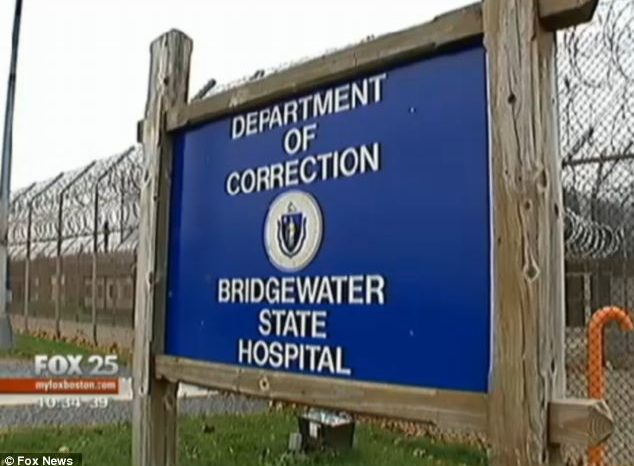Study Calls for Reforming Bridgewater State Hospital, Commonwealth’s Solitary Confinement Practices
Read coverage of this report in State House New Service and The Springfield Republican.
State should halt trend toward housing mentally ill in correctional facilities
BOSTON – Reforming the commonwealth’s solitary confinement policies and the troubled Bridgewater State Hospital would be important steps to halt the trend in recent decades toward housing more mentally ill individuals in Massachusetts prisons and jails, according to a new policy brief published by Pioneer Institute.
“The number of mentally ill prison and jail inmates in the US held steady at around 1 percent from the time when thousands of mentally ill inmates were transferred to treatment facilities in the 1880s until the 1960s,” said Pioneer Executive Director Jim Stergios. “But with deinstitutionalization, the percentage of mentally ill inmates has risen to around 20 percent in Massachusetts and across the country – approximately the same percentage as back in the 1840s.”
In 2012, the Massachusetts Sheriffs’ Association estimated that 42 percent of county jail inmates had some form of mental illness and 26 percent were seriously mentally ill.
In 1967, Bridgewater State Hospital, the only hospital in the country that is run by a corrections department, was the subject of a documentary about guards humiliating and mistreating prisoners and failing to administer proper treatments. A string of deaths in 1980 again garnered national attention. In 2009, three guards were involved in the death of a patient. The guards were subsequently charged with manslaughter.
In the late 1980s the commonwealth promised to move Bridgewater State patients who hadn’t been convicted of a crime, but today the majority of residents are not convicts. The hospital houses about 50 percent more residents than the 227 for which it was designed.
In The Abandoned Legacy of Dorothea Dix, author Jordan Harris recommends that the state Department of Corrections develop a partnership with the Department of Mental Health (DMH) to give DMH more influence over treatment of patients. Many states have replicable models of mental health departments effectively balancing treatment and patient safety.
Massachusetts solitary confinement policies are among the nation’s most punitive. It’s one of only two states that allow inmates to live in isolation for up to 10 years.
A 2006 study led by US Court of Appeals Judge John Gibbons found that the recidivism rate among inmates held in isolation was 20 points above the average and that they are more likely to commit violent crimes. According to Human Rights Watch, between one-third and half of inmates in solitary confinement have some form of mental illness.
Several bills pending in the state legislature would transform Massachusetts solitary confinement policies. They include reforms such as making data on the number of inmates in isolation, their racial composition and frequency with which corrections officers use force available to the public on a quarterly basis; prohibiting groups like the blind, deaf, mentally ill, pregnant women and those under a certain age from being held in solitary; and requiring a hearing every 15 days for a prisoner held in solitary confinement. Harris recommends that the hearing include a health assessment of the prisoner.
Opponents of solitary confinement reform have long claimed that returning inmates held in isolation to the general prison population would lead to increased violence and other behavioral issues. But when Mississippi reduced its solitary confinement population by 85 percent by providing intensive treatment to mentally ill patients, training officers to deal with mentally ill inmates and tightening the criteria for solitary confinement, the state saw a 70 percent reduction in prisoner-on-prisoner violence, prisoner-on-staff violence and use of force by corrections officers.
About the Author: Jordan Harris is a U.S. History Fellow at Pioneer Institute and a graduate student at Harvard University. He holds a bachelor’s degree from Penn State University.
About Pioneer: Pioneer Institute is an independent, non-partisan, privately funded research organization that seeks to improve the quality of life in Massachusetts through civic discourse and intellectually rigorous, data-driven public policy solutions based on free market principles, individual liberty and responsibility, and the ideal of effective, limited and accountable government.



